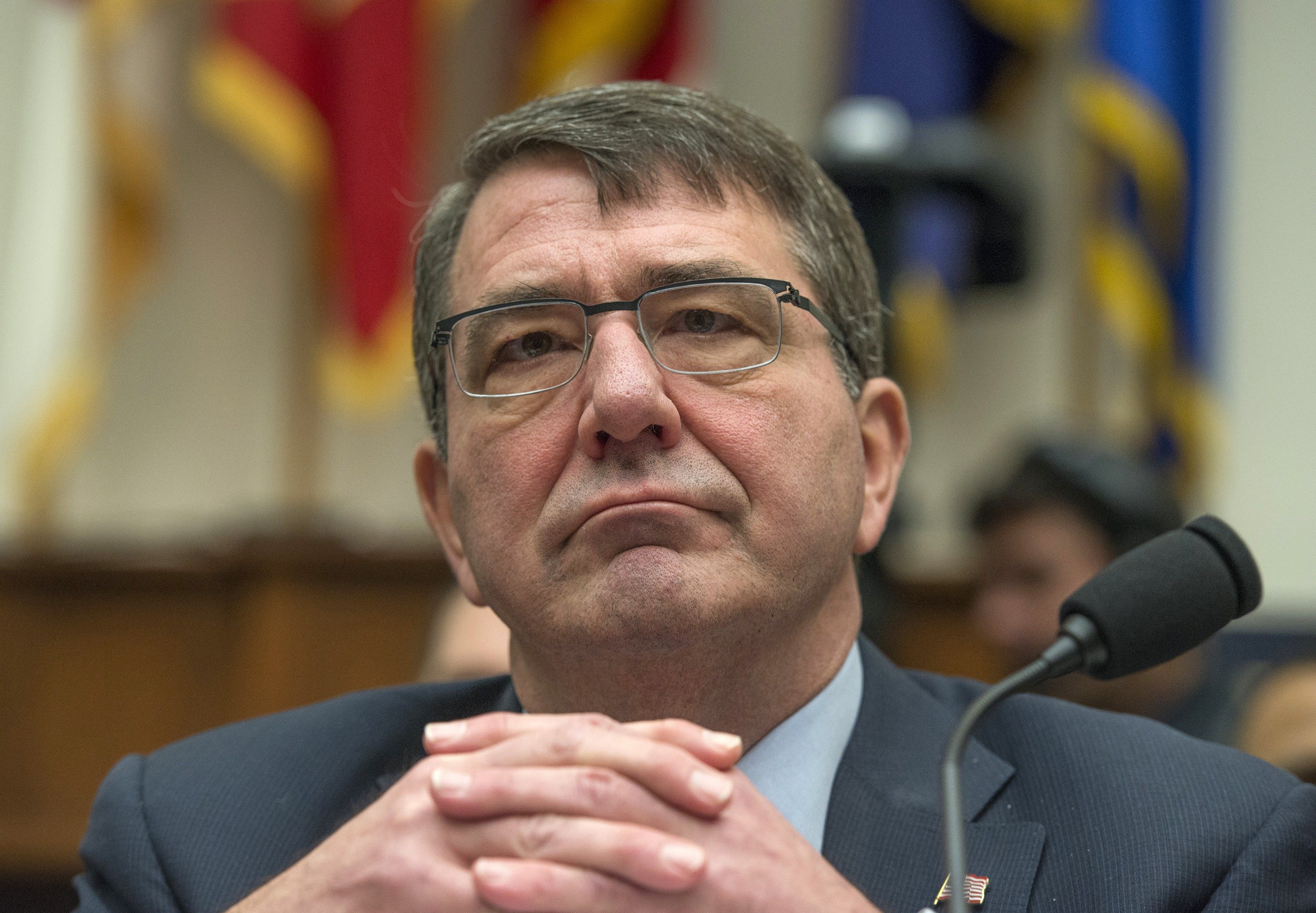On CNN’s State of the Union Sunday morning, Defense Secretary Ashton Carter expressed frustration about the poor performance of Iraqi military forces at Ramadi.
“What apparently happened was that the Iraqi forces just showed no will to fight,” said Carter, in perhaps the starkest Administration criticism to date of the Iraqi army. “They were not outnumbered. In fact, they vastly outnumbered the opposing force, and yet they failed to fight, they withdrew from the site, and that says to me, and I think to most of us, that we have an issue with the will of the Iraqis to fight ISIL and defend themselves.”
“We can give them training, we can give them equipment – we obviously can’t give them the will to fight,” Carter added. “But if we give them training, we give them equipment, and give them support, and give them some time, I hope they will develop the will to fight, because only if they fight can ISIL remain defeated.”
The Administration’s plan for fighting ISIS relies heavily upon Iraqi forces to push the invaders back and recapture key cities such as Mosul. A great deal of effort has been put into training and equipping Iraqi troops after they were routed during the Islamic State’s initial incursions. Perhaps most disturbingly, as the Washington Post observes, the troops routed by an inferior ISIS force in Ramadi included elements of Iraq’s supposedly elite counter-terrorist unit, the “Golden Division.”
Carter did not commit to any changes in strategy during his CNN interview. Proposals for a revised war plan have included everything from mixing more American forward air controllers into Iraqi units to better coordinate air strikes, to deploying U.S. ground forces.
“If there comes a time when we need to change the kinds of support we’re giving to the Iraqi forces, we’ll make that recommendation. But what happened in Ramadi was a failure of the Iraqi forces to fight,” said Carter.
The Washington Post suggests Ramadi’s fall casts doubt on the Iraqi military’s ability to carry out the next stage of the Administration’s strategy: “U.S. officials have been saying for several months that U.S. airstrikes were degrading Islamic State fighters in Iraq and that the radical Sunni group, under pressure from Iraqi forces, had lost as much as 25 percent of the territory that it gained during its blitzkrieg last year. A large offensive involving Iraqi army forces, Sunni tribal fighters and American airstrikes was supposed to begin soon in western Iraq’s Anbar province, where Ramadi is the provincial capital.”
